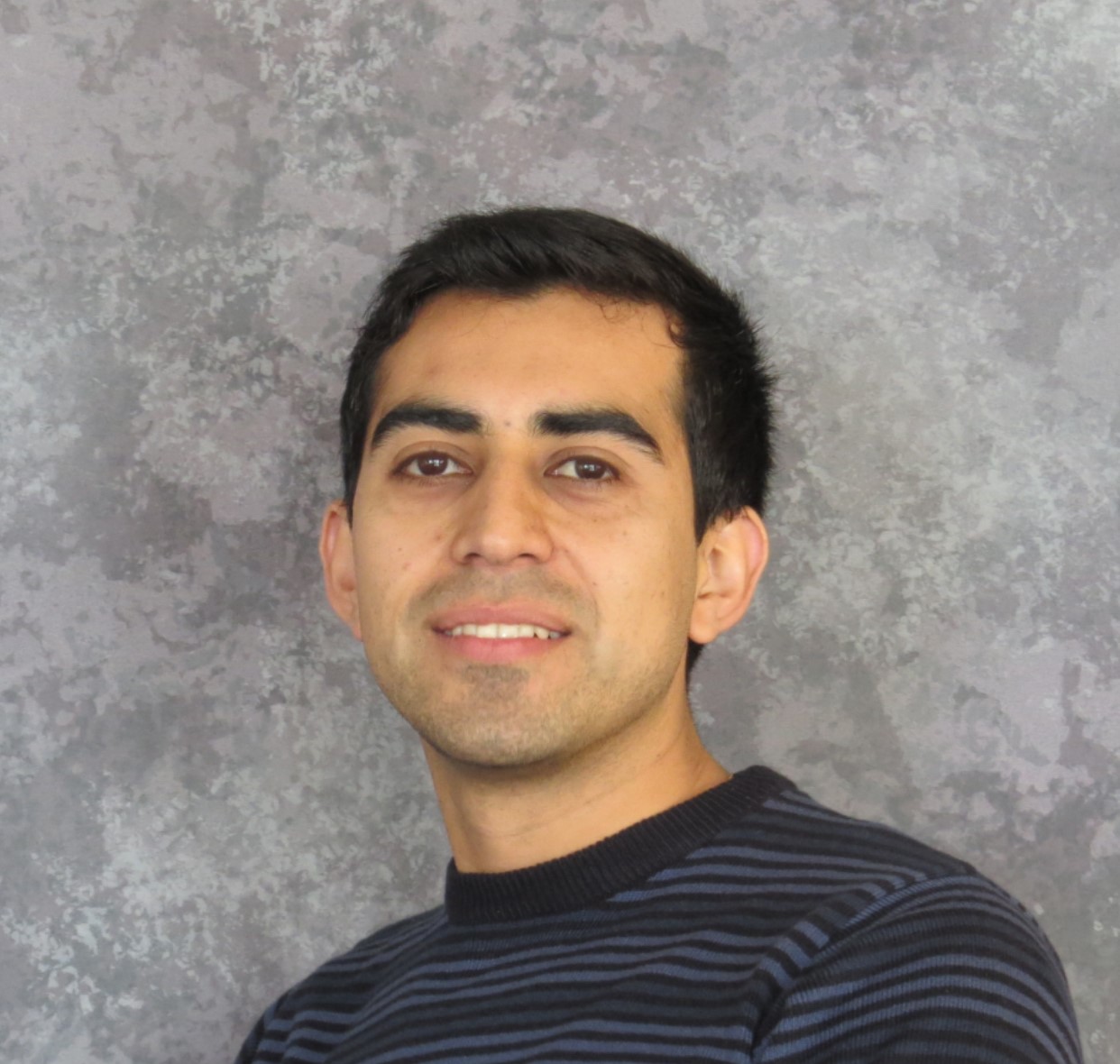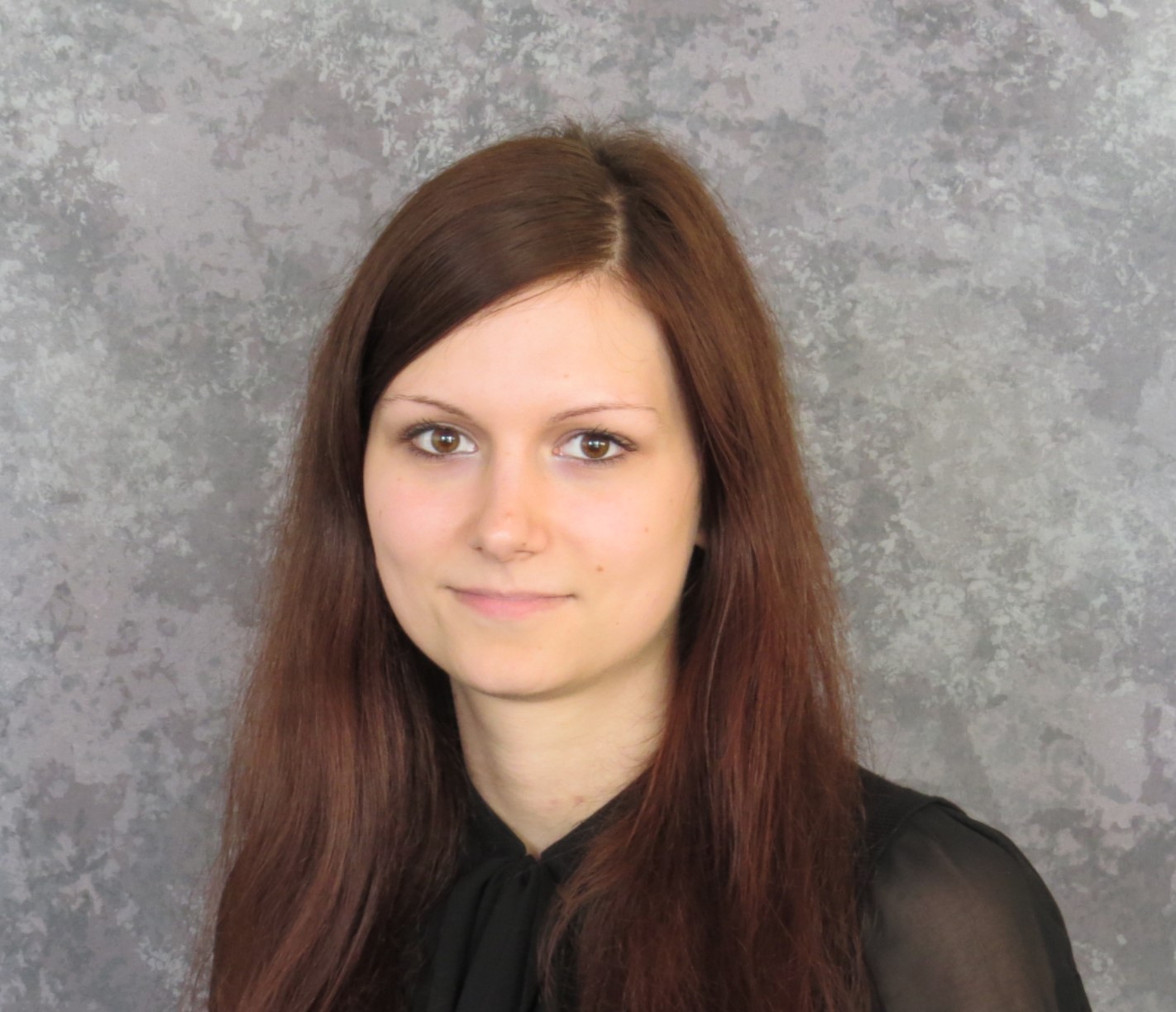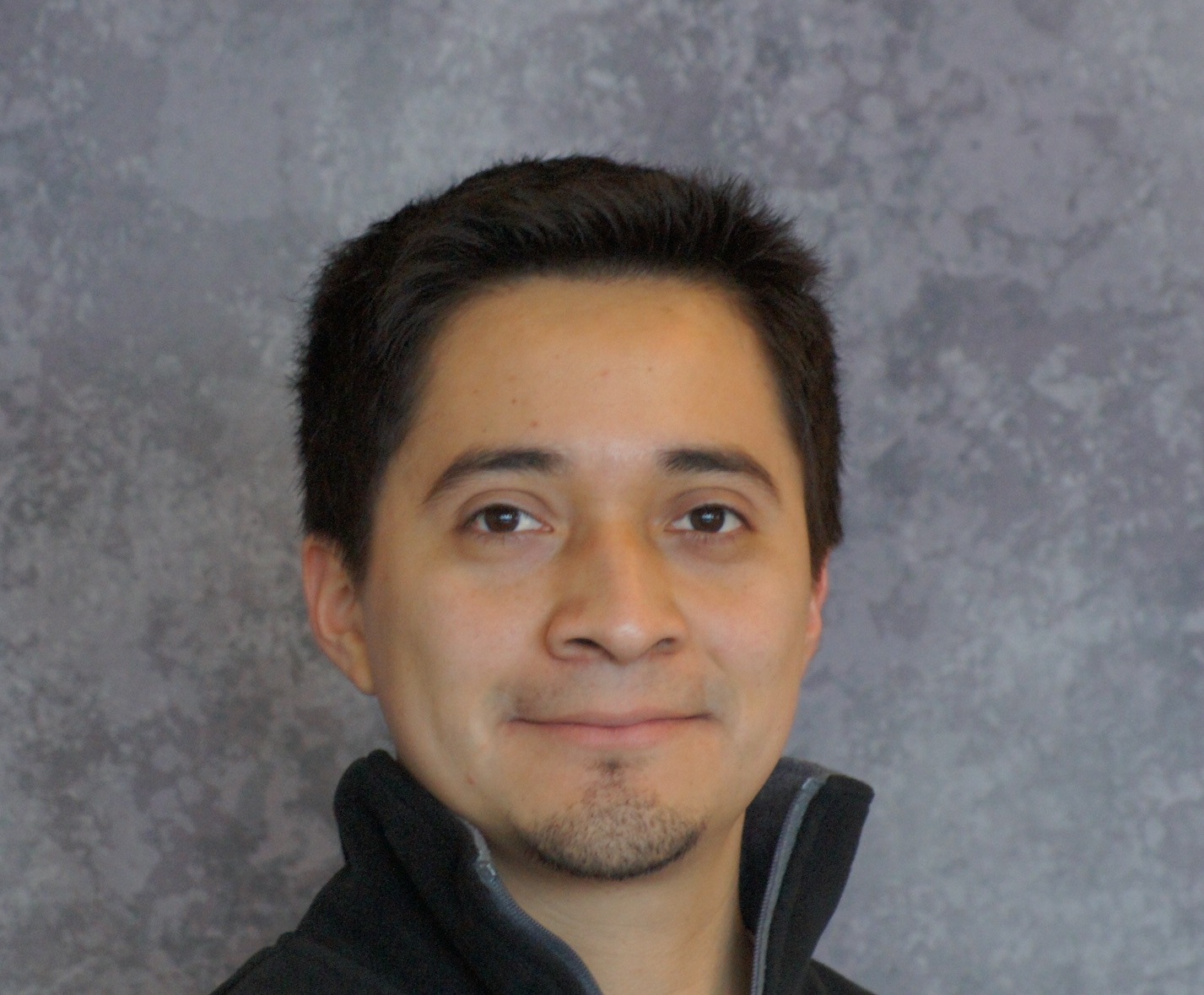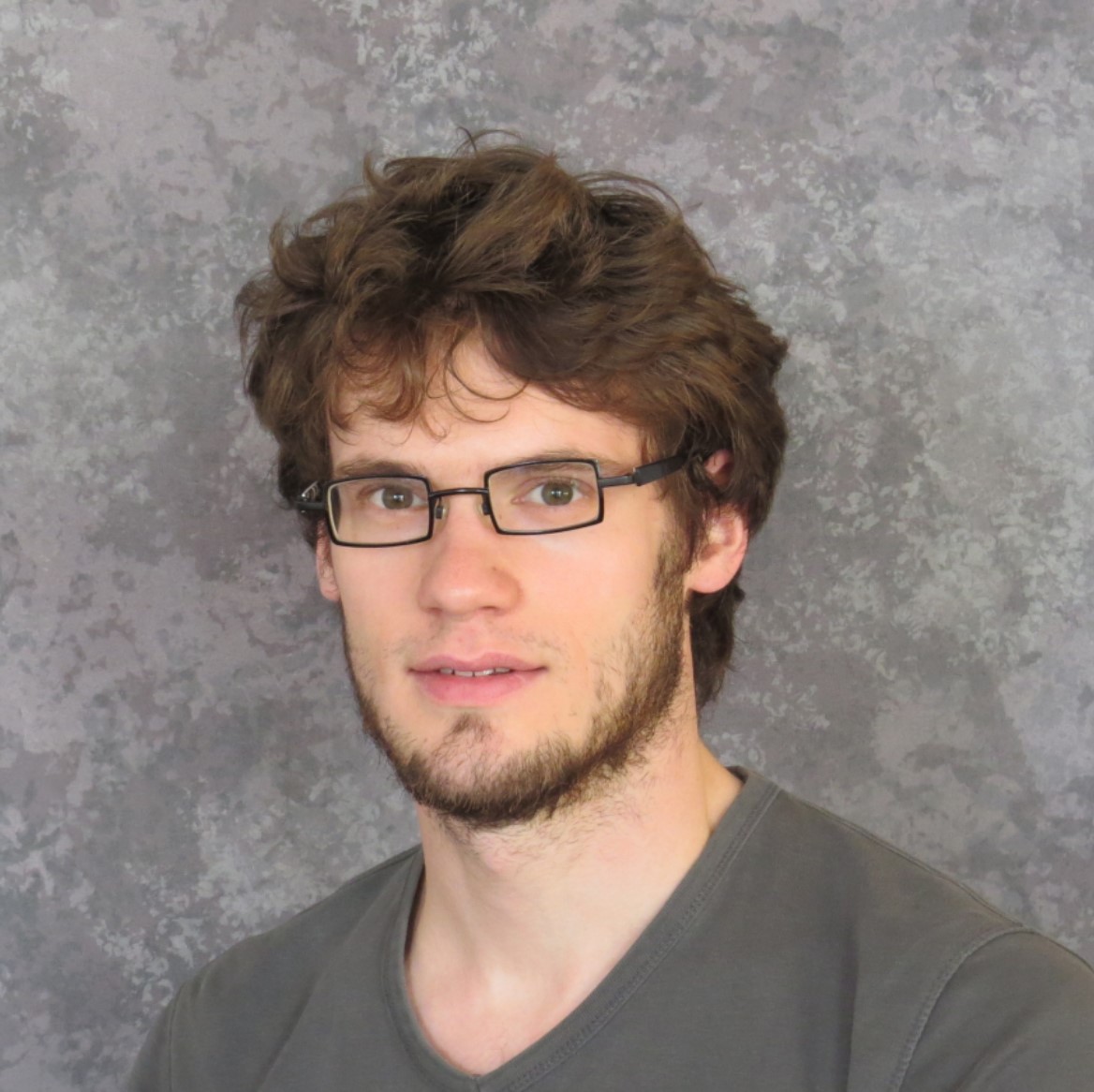CFSA International
The Centre for Fusion, Space and Astrophysics has a strong and lively international character with staff and students from all corners of the globe. We actively encourage prospective PhD students from abroad to apply and explore with us how they can join our group and research efforts. We have asked four of our current international PhD students to share some of their experiences with us.
Francisco Alejandro Calderon graduated with a Physics degree (Licentiate & MSc) from the Universidad Católica del Norte in Chile. Francisco developed a strong interest in plasma physics: “It is challenging, and requires your full talent. It takes physics to a new level of abstraction; theory meets laboratory experiments and numerical simulations at one single place”. However, he felt that “Chile has only a small development area, and research has been limited in areas such as fusion and solar physics.” Francisco obtained full funding from the Chilean Government that includes an extra stipend for his family.
CFSA offered him the challenge of working on the characterization and numerical modelling of plasmas at the edge of tokamak plasmas under the supervision of Profs Sandra Chapman and Richard Dendy. He started his studies in 2011 and is currently writing up his PhD thesis. He also teaches and demonstrates which he finds “has been a helpful, well paid, option at the Physics department.” Music has also been a remarkable experience for him, and he has participated with the Warwick World Music Group playing his Quena, and performed in the Warwick Fusion Concert for the last three years at Warwick Arts Centre.
Petra Kohutova hails from Slovakia but came after her secondary school education over to the UK to complete an undergraduate degree in Physics at Oxford. Her time spent in Oxford made her eligible for funding the group has allocated from the UK’s STFC. She has started her PhD in 2014 under the supervision of Dr Erwin Verwichte. She feels it has been very easy to fit in: “I found everybody to be very friendly and helpful. Many group members are in fact foreign!” Petra works on observations and modelling of MHD waves in solar corona rain. According to her, “The great thing about my project is that I get hands-on experience in all aspects of solar plasma physics, whether it's theory, numerical modelling or solar observations - I took part in an observation campaign at the Swedish Solar Telescope in La Palma last summer!”
When we asked her what she liked about pursuing a PhD, she felt that “it is an incredibly stimulating and rewarding process. Sure, it is hard work and it can be quite challenging at times but you learn to work and think independently and, most importantly, to manage your own research.” Petra feels she can continue pursuing her interests in the art and music with major galleries, museums and concerts all nearby. However, “snowboarding, not so much!”
Leopoldo Carbajal came to Warwick from Mexico in 2012 where he studied in Oaxaca and obtained a Master at the Institute of Nuclear Sciences at UNAM. Leopoldo felt the “urge for knowing more about plasma physics and different cultures, and found in the CFSA at Warwick the right people to work with.”
He managed to come to Warwick through a scholarship from the Mexican Government as well as partial support from the physics department. He takes on occasional jobs on the side “to give me a treat from time to time.”
He currently undertakes a numerical PhD with Profs Richard Dendy and Sandra Chapman on ion effects in fusion and space plasmas. When we asked Leopoldo what attracts him to plasma physics, he though that “plasma physics is a rich field full of dynamics and possibilities, where theoretical and numerical modeling work closely together to obtain insights about the phenomena occurring in plasmas.” Leopoldo visits Mexico every year, but also Skype and social media are of great advantage to this end. Moreover, he was happily surprise by the rich community at Warwick University that also register a rather big Mexican group; “they were actively supporting their team during last world football cup.”
Bernard Reman studies for a PhD in fusion in CFSA. He has completed his undergraduate studies in Physics at UCL, Louvain-la-Neuve in Belgium as well as MSc from UCL London. He chose to come to CFSA because “I wanted to do a PhD in fusion, the project was appealing and the people are very nice. What is more, UK hosts JET!”
Bernard is attracted to plasma physics because it is a field that combined both theory and modelling. “The realm of Maxwell's equations and the related techniques aiming at solving them attracted me”, he says. “The fact that nuclear fusion rests on plasma makes it even more interesting. I like the fact that I will test new ideas, deepen my physics knowledge as well as learn new tools and apply them. I enjoy the alternation between periods of working independently and periods of intense exchange.”
He has obtained funding from EPSRC and started his PhD in 2014 and will work with Profs Sandra Chapman and Richard Dendy on the numerical modeling of the propagation of coherent non linear structures in plasmas and their impact on the edge regions of tokamaks. He shared his own impressions with us: “The facilities are great (office, common rooms, library, restaurants, and the Wolfson Research room). The campus is lively and I am especially interested in Societies. I have attended the leftist one and also I have interest in the running and rocket Society. The countryside here is nice and calls for long runs that I enjoy during weekends. Kenilworth is particularly pretty.” Bernard makes it home to Belgium every 3 months. “I would usually stay for one to two weeks, also I Skype every two to three weeks with my parents and have more regular messages on Facebook with my friends.”




